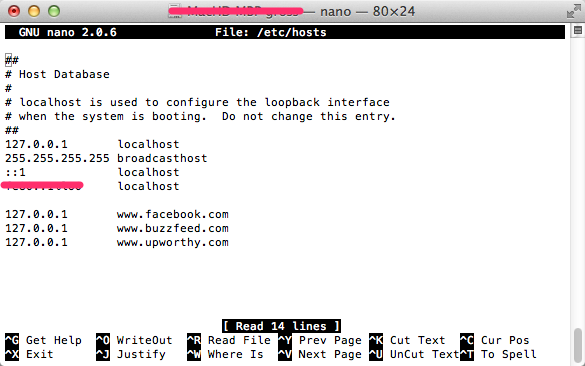There’s a great great article over in the register about the missing European internet policy. Read the whole thing, but two quotes are just too sweet not to pass upfront:
It’s all very strange. What, then, may explain the commissioner’s puppyish eagerness to please Silicon Valley? Or to patronise? Surely even if the commissioner herself is off frolicking with the unicorns, her technocratic advisors can’t be quite so gullible? And no, I don’t think they are. They’re just desperately eager to be seen to be with it.
And in what really is behind the whole debate around net neutrality at the moment, the truth behind internet traffic. By the way: the distance between the peering entity and the ISP would be perfect for cultural and entertainment content creators to anonymously (!! meaning without knowing who the end consumer is) monitor the usage of their works and would then be able to correctly distribute any revenue that may come from blanket licensing. You know, the blanket license everybody loves but then wonders why the money doesn’t end up where it belongs. To understand this, you’ll have to read up on peering a little bit.
Today, the world’s internet video travels over private networks. Over two decades, the public backbone has been run down to the extent it cannot carry video. If you’re a startup, European or otherwise, you have to buy a peering arrangement. Hence the controversy over peering deals, and the high anxiety expressing itself in the net neutrality campaign.

